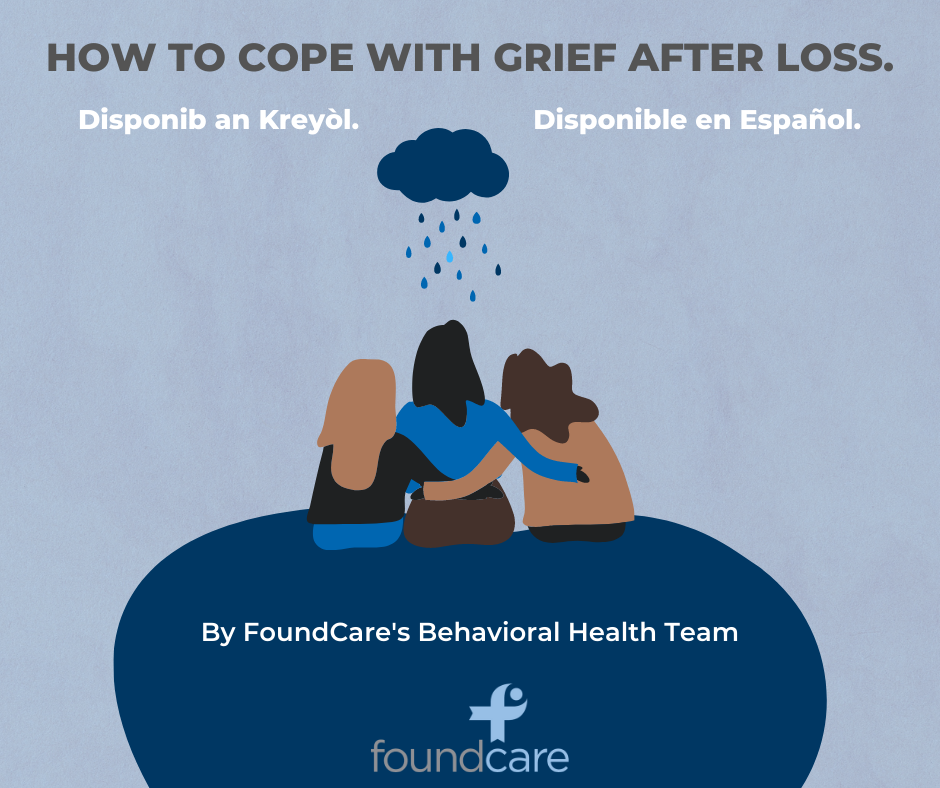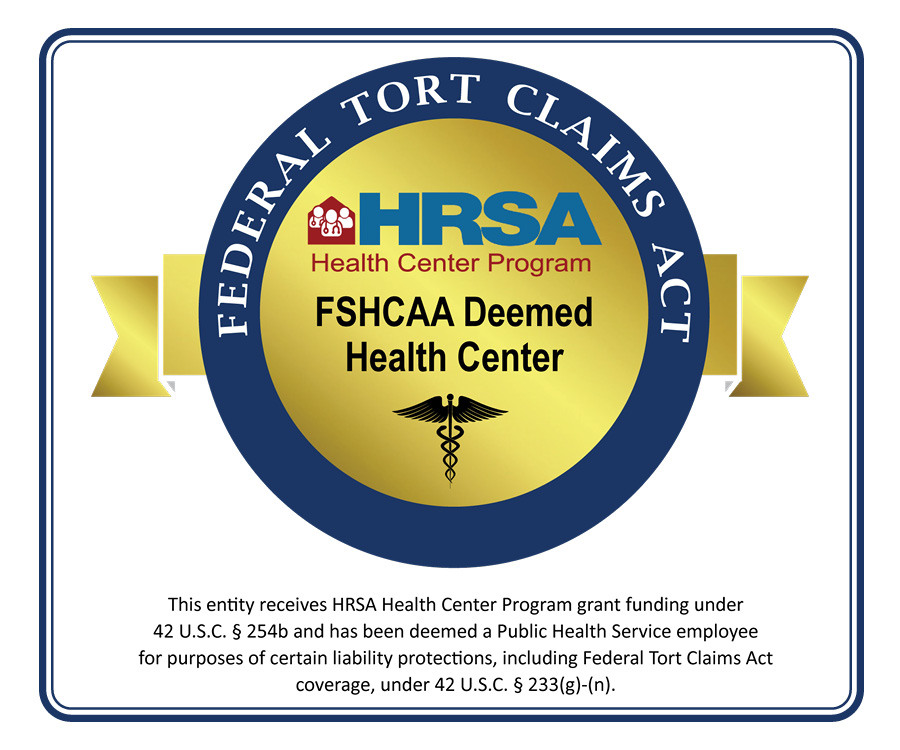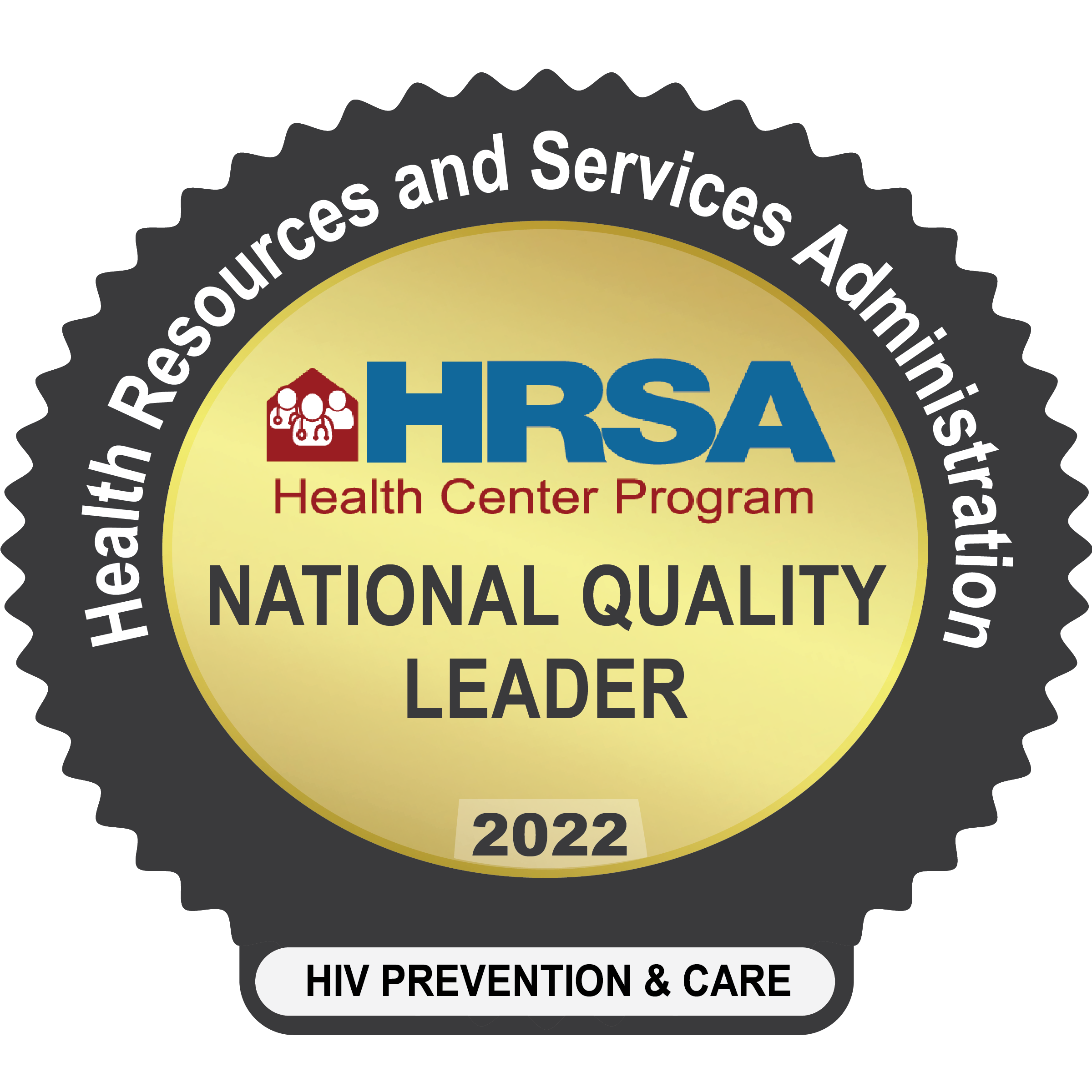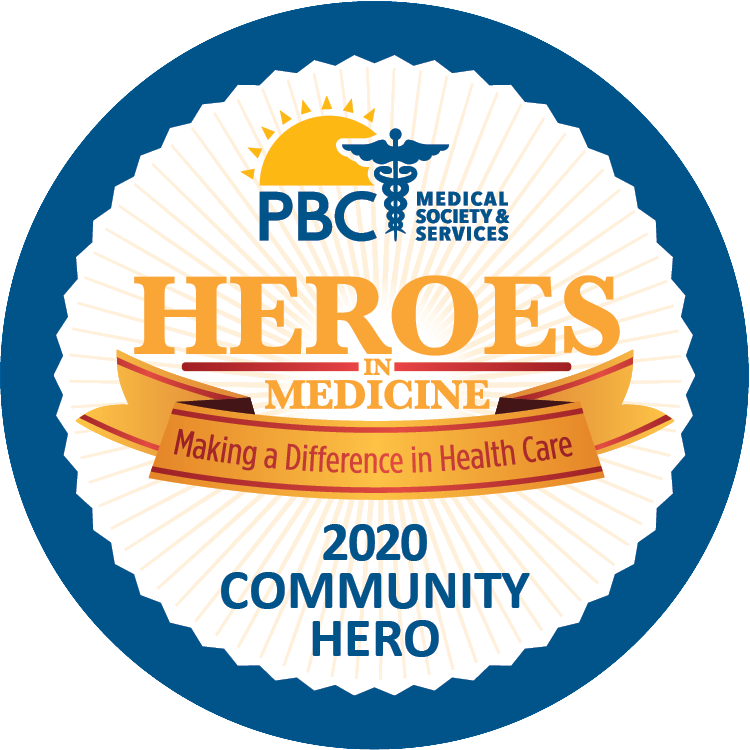CÓMO AFRONTAR EL DUELO DESPUÉS DE UNA PÉRDIDA
El duelo es el sufrimiento emocional que siente después de perder algo o alguien que era importante para usted. Es una respuesta natural que puede provocar emociones inesperadas como ira, culpa o tristeza profunda. El duelo lleva tiempo y el proceso de curación no puede apresurarse ni forzarse. No hay formas correctas o incorrectas de hacer el duelo, pero existen procedimientos naturales que puede ayudarle a enfrentar o aceptar su pérdida. Practicando estos procedimientos de afrontamiento aliviará naturalmente su dolor y tristeza.
No ignores tus sentimientos. El mito más común que escuchamos sobre el dolor es que ignorarlo de alguna manera lo hará desaparecer. El primer paso para poder sanar es reconocer su dolor y eliminar cualquier vergüenza asociada con cómo te sientes. Tu pérdida es personal. No dejes que la sociedad te deje creer que solo es apropiado llorar por ciertas cosas, o solo por las personas.
Sea fuerte por usted mismo, no por nadie más. El dolor puede desencadenar emociones inesperadas que quizás nunca antes haya experimentado. Estas emociones también pueden ser nuevas para su pareja o sus seres queridos. En lugar de tratar de poner una cara valiente por todos, deje que sus verdaderos sentimientos funcionen de la manera que necesitan. Su familia y amigos comprenderán que este es un momento difícil para usted y puede ser un gran pilar de apoyo.
Habla sobre tus sentimientos. Hablar con las personas que te importan puede ayudarte con el proceso de duelo, incluso si es solo para comunicarles lo que necesitas para ayudarte con tu duelo. Nunca se sienta avergonzado de pedir ayuda de sus seres queridos. Si necesita un poco de tiempo a solas, necesita un hombro en el que llorar o simplemente necesita hablar sobre cómo se siente, hable con su familia y amigos al respecto. No sabrán cómo apoyarte ni entender por lo que estás pasando, a menos que hables con ellos. Si la familia o los amigos no son una opción, hay muchos grupos de apoyo disponibles en línea y en la comunidad. Puede que le resulte más fácil hablar con alguien que entienda por lo que está pasando, y eso está bien.
Cuídate. El duelo puede quitarle mucho al cuerpo. Puede causar fatiga, aumento o pérdida de peso, náuseas, estrés, dolores y molestias e insomnio. Para poder sostenerse emocionalmente, debe cuidarse físicamente. Si hay algo con lo que recomendaríamos comenzar, es asegurarse de comer. Te sorprenderá lo mejor que te sientes con solo reabastecer tu cuerpo. Aunque puede ser tentador consumir alcohol o drogas para adormecer el dolor del duelo o para tratar de levantar el ánimo, estos son los que consideramos mecanismos de afrontamiento poco saludables y deben evitarse a toda costa.
Aprenda la diferencia entre el dolor y la depresión. Todos se afligen a su manera. Aunque algunas personas no pueden evitar llorar, otras pueden optar por afrontar su tristeza de otras formas. Cualquiera que sea la forma que le parezca adecuada, es importante comprender que existe una diferencia entre el dolor y la depresión. Si no puede realizar las actividades diarias, siente un sentimiento de culpa generalizado o está contemplando el suicidio, entonces es hora de buscar ayuda profesional para la depresión. El duelo viene acompañado de una amplia variedad de emociones y una combinación de días buenos y malos. La depresión, por otro lado, es un sentimiento constante y, si no se trata, puede provocar daños emocionales y síntomas que amenazan con su vida.
Si usted o un ser querido sufre de depresión causada por el dolor de la pérdida, sepa que no está solo. Hay profesionales de la salud mental con los que puede hablar y que lo guiarán a través de la depresión y lo ayudarán a volver a sentirse como usted mismo. Visite NAMI.org para obtener una lista de los recursos disponibles.
Si usted o un ser querido está pensando en suicidarse, busque ayuda de inmediato. Hable con alguien de su confianza o llame a Suicide Prevention Lifeline al 1-800-273-8255. La Línea Nacional de Prevención del Suicidio brinda apoyo emocional gratuito y confidencial a personas en crisis suicidas o angustia emocional las 24 horas del día, los 7 días de la semana.
Grief comes with a wide variety of emotions and a mix of good and bad days. Depression, on the other hand, is a constant feeling, and if left untreated, can lead to emotional damage and life-threatening symptoms.
By FoundCare's Behavioral Health Team
Grief is the emotional suffering you feel after you lose something or someone important to you. It is a natural response that can cause unexpected emotions such as anger, guilt, or profound sadness. Grieving takes time, and the healing process cannot be rushed or forced. There are no right or wrong ways to grieve but, there are healthy coping skills you can try to help you come to terms with your loss. Practicing these coping skills will naturally ease your pain and sadness.
Don’t ignore your feelings. The most common myth we hear about grief is that ignoring it will somehow make it go away. The first step to healing is acknowledging your pain and removing any shame surrounding how you feel. Your loss is personal to you. Don’t let society let you believe that it is only appropriate to grieve for certain things or only people.
Be strong for yourself, not anyone else. Grief can trigger unexpected emotions you may have never experienced before. These emotions can also be new to your partner or loved ones. Instead of trying to put on a brave face for everyone, let your true feelings work out the way they need to. Your family and friends will understand that this is a difficult time for you and can be a great pillar of support.
Talk about your feelings. Talking to people you care about can help with the grieving process, even if it’s just to communicate what you need from them to help you through your grieving journey. Don’t ever feel ashamed to ask for what you need from those you love. If you need some alone time, need a shoulder to cry on, or need to talk through how you’re feeling, talk to your family and friends. They won’t know how to support you or understand what you are going through unless you talk to them. If family or friends aren’t an option, there are support groups available online and in the community. You may find it easier to talk to someone who understands what you’re going through, and that’s okay.
Take care of yourself. Grieving can take a lot out of the body. It can cause fatigue, weight gain or loss, nausea, stress, aches and pains, and insomnia. To support yourself emotionally, you have to take care of yourself physically. If there’s one thing we would recommend starting with, it’s making sure you eat. You’ll be surprised by how much better you feel just from refueling your body. Although it can be tempting to use alcohol or drugs to numb the pain or to try to lift your spirits, these are what we consider unhealthy coping mechanisms and recommend avoiding these at all costs.
Know the difference between grief and depression. Everyone grieves differently. Although some people can’t help but cry, others may choose to cope with their sadness in other ways. Whatever way feels right to you, it’s important to understand that there is a difference between grief and depression. If you find yourself unable to perform daily activities, feel a pervasive sense of guilt, or find yourself contemplating suicide, then it is time to seek professional help for depression. Grief comes with a wide variety of emotions and a mix of good and bad days. Depression, on the other hand, is a constant feeling, and if left untreated, can lead to emotional damage and life-threatening symptoms.
If you or a loved one suffer from depression caused by the grief of loss, please know that you are not alone. There are mental health professionals you can talk to that will help guide you through depression and get you back on the road to feeling like yourself again. Please visit NAMI.org for a list of available resources.
If you or a loved one is contemplating suicide, please seek immediate help. Talk to someone you trust or call the Suicide Prevention Lifeline at 1-800-273-8255. The National Suicide Prevention Lifeline provides free and confidential emotional support to people in suicidal crisis or emotional distress 24 hours a day, seven days a week.













